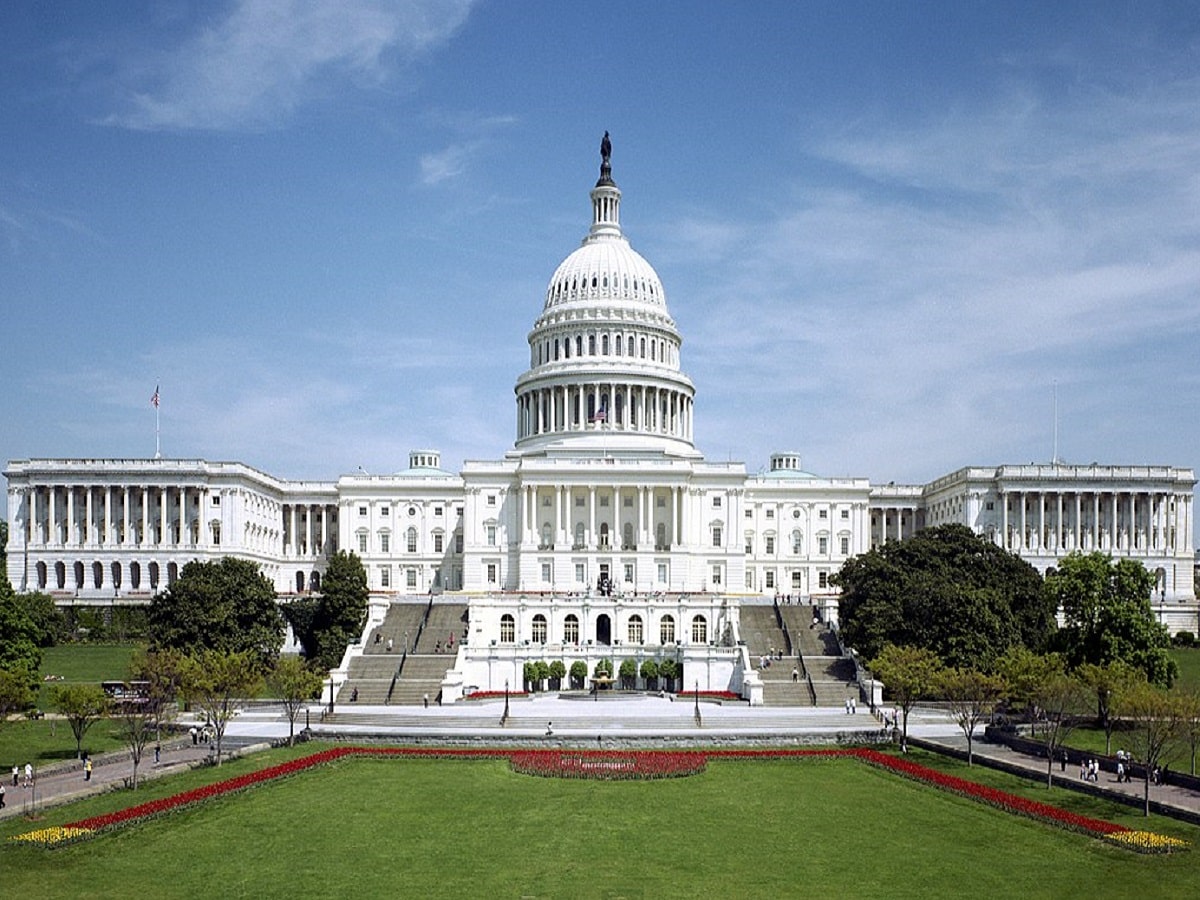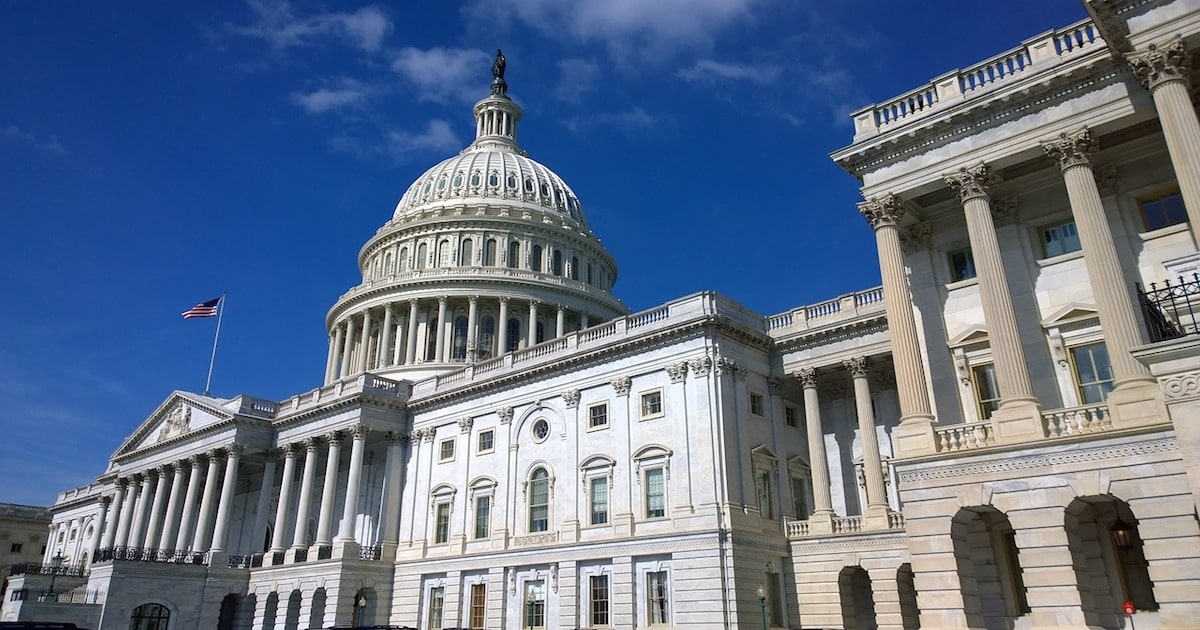
US House Members Approve SAFE Banking Act

US House Members Approve SAFE Banking Act
Once again The SAFE Banking Act received a vote in the United States House of Representatives, and once again it yielded bipartisan support and passed.
Access to the United States’ banking system by the cannabis industry is not as big of a problem as it once was, however, it’s still a major issue that countless state-legal cannabis companies have to deal with.
Below is more information about yesterday’s historic vote via a press release sent to the International Cannabis Business Conference from our friends at NORML:
Members of the House of Representatives voted today in favor of a stand-alone piece of legislation, The SAFE Banking Act, to remedy the ongoing inconsistencies between state and federal marijuana laws.
In a vote of 321-101, House members approved HR 1996, The SAFE Banking Act, which would create a legal safe harbor for financial institutions to engage in business relationships with state-licensed and regulated cannabis companies.
“For the first time since Joe Biden assumed the presidency, a supermajority of the House has voted affirmatively to recognize that the legalization and regulation of marijuana is a superior public policy to prohibition and criminalization,” said NORML Political Director Justin Strekal. “However, the SAFE Banking Act is only a first step at making sure that these state-legal markets operate safely and efficiently. The sad reality is that those who own or patronize the unbanked businesses are themselves criminals in the eyes of the federal government, which can only be addressed by removing marijuana from the list of controlled substances.”
To date, over 40 percent of Americans reside in a jurisdiction where transactions involving the sale of cannabis have been approved under state law, and the majority of Americans live in a state where medical cannabis sales are permitted.
Why NORML Supported Passage of HR 1996: The Safe Banking Act:
Federal law currently defines all marijuana-related endeavors as criminal enterprises, including those commercial activities that are licensed and legally regulated under state laws. Therefore, virtually no state-licensed cannabis businesses can legally obtain a bank account, process credit cards, or provide loans to small businesses and entrepreneurs.
In this environment, the rapidly growing multi-billion dollar cannabis industry must operate largely on a cash-only basis, which makes businesses more susceptible to theft and more difficult to audit. This ongoing federal prohibition also places the safety and welfare of these businesses’ customers at risk, as they must carry significant amounts of cash on their persons in order to make legal purchases at retail facilities. For these reasons, NORML has long advocated that federal lawmakers vote “yes” on The SAFE Banking Act.
A version of this bill first passed the House of Representatives on September 25th, 2019. Subsequently, it was included multiple times in various COVID relief packages that the House approved in the previous Congress. Ultimately, however, the language was not included in any of the enacted COVID stimulus bills.
What’s Next?
Commenting on the next steps, NORML Political Director Justin Strekal said: “Today’s vote is another important mile marker on the road to repealing federal prohibition, yet much more action must still be taken by lawmakers in both chambers. In the Senate, we are still waiting on a comprehensive proposal promised by Senate Majority Leader Schumer and Senators Cory Booker and Ron Wyden and in the House, we anticipate additional efforts to move forward and pass comprehensive reform legislation like The MORE Act — which was approved in the previous Congress — in order to ultimately comport federal law with the new political and cultural realities surrounding marijuana.”
For reference:
In the previous session of Congress, the vote on SAFE Banking was 321 to 103 in favor of HR 1595. Two-hundred and twenty-nine Democrats and 91 Republicans cast ‘yes’ votes in favor of the measure.
This year, for HR 1996, amongst the Democrats, the vote was 215-0, and among the Republicans, the vote 106-101.
Share article


Share article
Join Our Awesome Community
Join Our Awesome Community
Join Our Awesome
Community
Get all the latest industry news
delivered to your inbox






